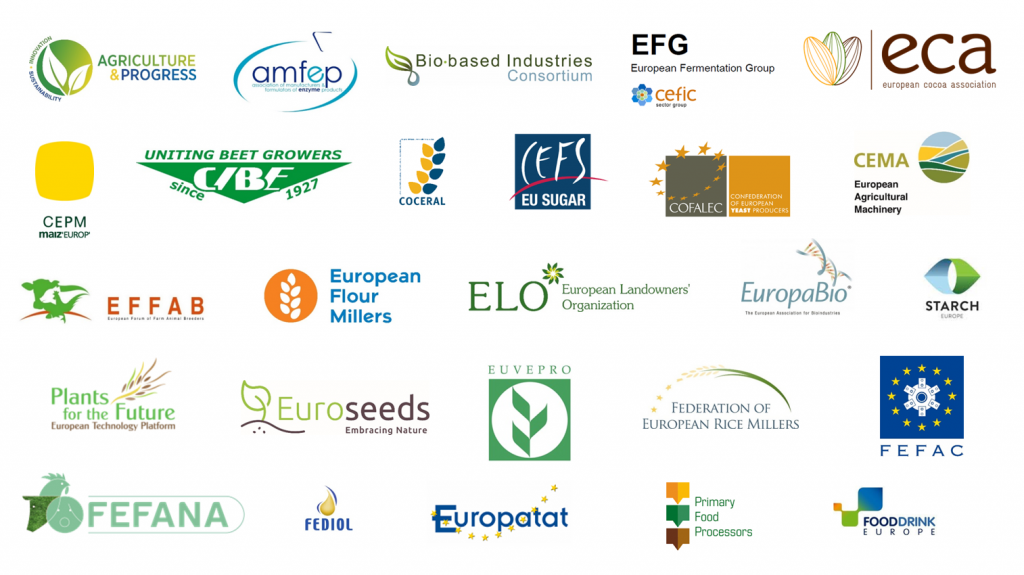On 9 January, 26 European business organisations jointly signed a letter calling upon the European Commission and Member States to re-emphasize that products obtained by novel genomic techniques should not be subject to Directive 2001/18 requirements and related regulations if they could also have been obtained through conventional methods or result from spontaneous processes in nature. The organizations support the Council Decision (EU) 2019/1904 requesting the Commission to submit a study on the status of novel genomic techniques and welcome the potential for a Commission proposal, which they hope will deliver more enabling rules for products resulting from the latest breeding methods, while keeping high standards of EU food production.

Moreover, the organizations call upon the Commission to address this topic from a global perspective, taking into account the trade aspect in relation to the policy developments around the world and their implications for competitiveness of the EU Agri-Food value chain as well as the enforceability of the ECJ ruling on mutagenesis.
The undersigned stakeholders are convinced that targeted mutagenesis breeding (including with genome editing) can contribute to various goals of the European Green Deal by saving land resources, reducing crop protection products, antibiotics and emissions while stabilizing and increasing crop yields and improving animal health and welfare to ensure food security.
Given that discussions on the status of novel genomic techniques have been going on for more than 10 years, the above mentioned organisations ask the Commission to ensure that the Council decision is part of the European Green Deal and its respective Farm to Fork Strategy, and will be implemented in due time.